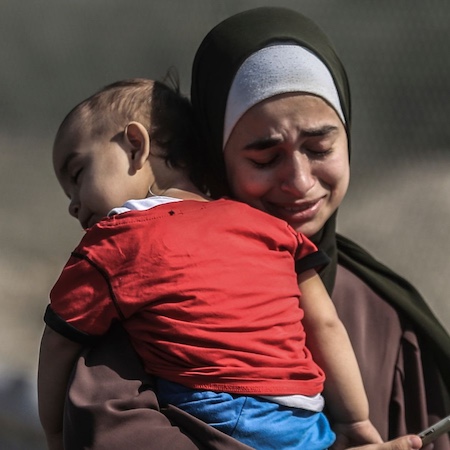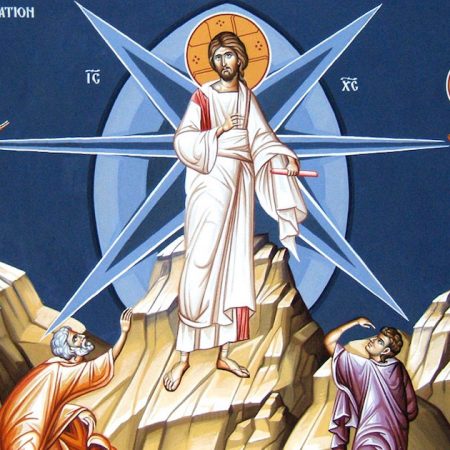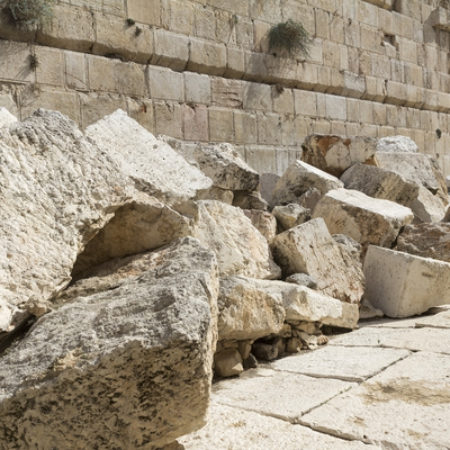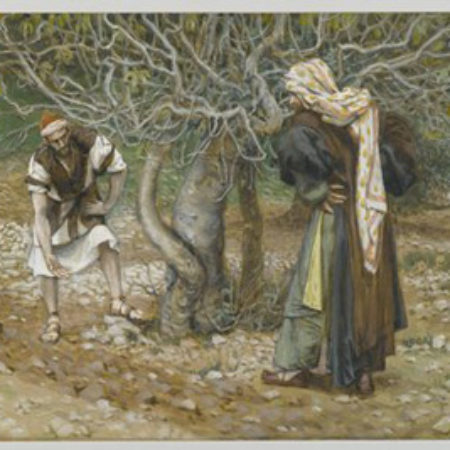The saints of God are engaged in a war between conflicting empires battling for control of the world, but Jesus has radically transformed our understanding of how we fight.
Sermons on peace
Healing the world’s tribalism and uniting us as one human family is the central goal of the gospel, the mission of salvation, the realisation of the kingdom of God.
God reaches out to us through babies and elderly folks with a message of love and redemption that cuts through the theological justifications of empire and warmongering and calls us to peace.
The the birth of Jesus we see the beginning of a peace mission that is not based on force but on patience, forgiveness and presence.
Many parts of the Bible can be and often are weaponised as tools of oppression, but when we read it critically, with and through the teachings and example of Jesus, it calls us to liberation and life.
If we keep imitating one another, paying back violence with vengeance, the world will be consumed in an escalating fury, but Jesus rescues us and gives us a life-giving example to follow.
Jesus did not come with the goal of making some gentle improvements to the status quo, but to disable the status quo by exposing its lies and revealing its victims. Without our culture being radically converted by that, the result is escalating chaos, to which Jesus offers himself as a victim and calls us to do the same.
Our sure hope of a new future brought to fulfilment in the coming Christ inspires and empowers us to live now in ways which resist the despair and selfishness of our age and anticipate the peace and righteousness of the coming age.
In Jesus, rejoicing at our deliverance leads us not to retribution, but to a way of peace, living life for each other, praying for each other, and holding the good of each other before our own.
Jesus shows us that even though there might be many things that don’t seem right to us, we would be wise to let many of them go and only fight the battles that really matter.
The stories of Moses, Elijah and Jesus on various mountain tops reveals a process of God’s self-revelation as the one who loves us and suffers for us.
Jesus calls us to face hostility, not as doormats, but by boldly and creatively standing in our freedom and extending unexpected love and generosity.
The Holy Spirit breaks out of the boxes that our limited languages construct, surprising us with new messages of hope and freedom and life.
Jesus’s encounter with Thomas and the first disciples can show us a thing or two about living under lockdown and hoping for a miracle to save us.
Godly love and respect doesn’t prevent disagreements in the church community, but it should enable us to address them without having to call in the lawyers.
The coming kingdom culture confronts the world’s violence by redemptively suffering and absorbing it, not by reciprocating it with even greater violence.
Global chaos marked by war, terror and injustice is growing inevitably, and as followers of Jesus we stand in witness against it, knowing that God is with us to the end.
Jesus shows us that being overly cautious about the boundaries of personal space and touch can, especially in worship, risk excluding, stigmatising and humiliating people.
Jesus sets out to reshape our view of the relationships between sin, repentance and disaster, and if possible, to call us out of our spiral into global self-destruction.
In a world that is hell-bent on self-destruction, Jesus calls us to gather to him and to love faithfully and vulnerably with him, rather than surrendering to the hate and fear.




















